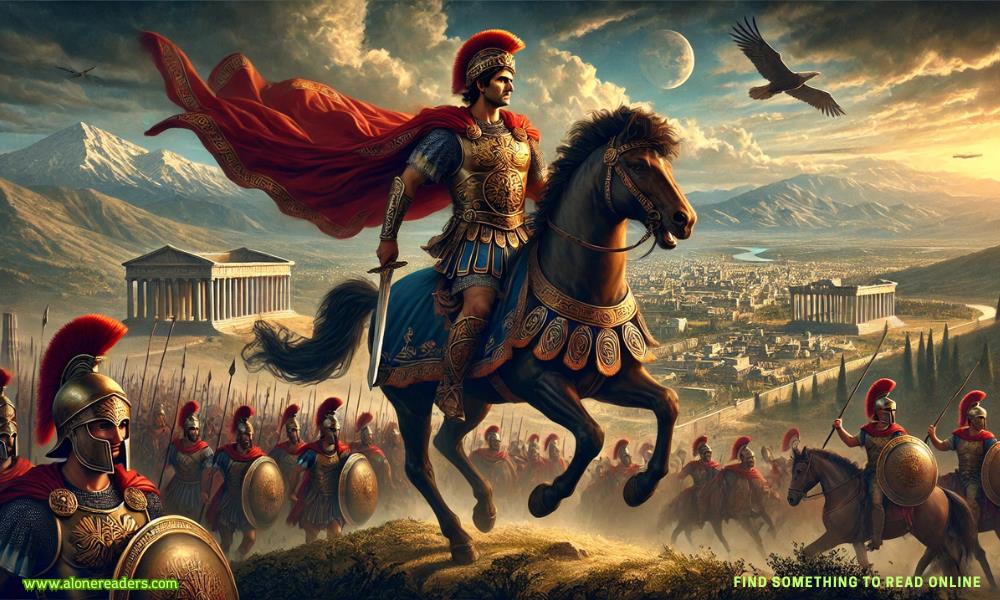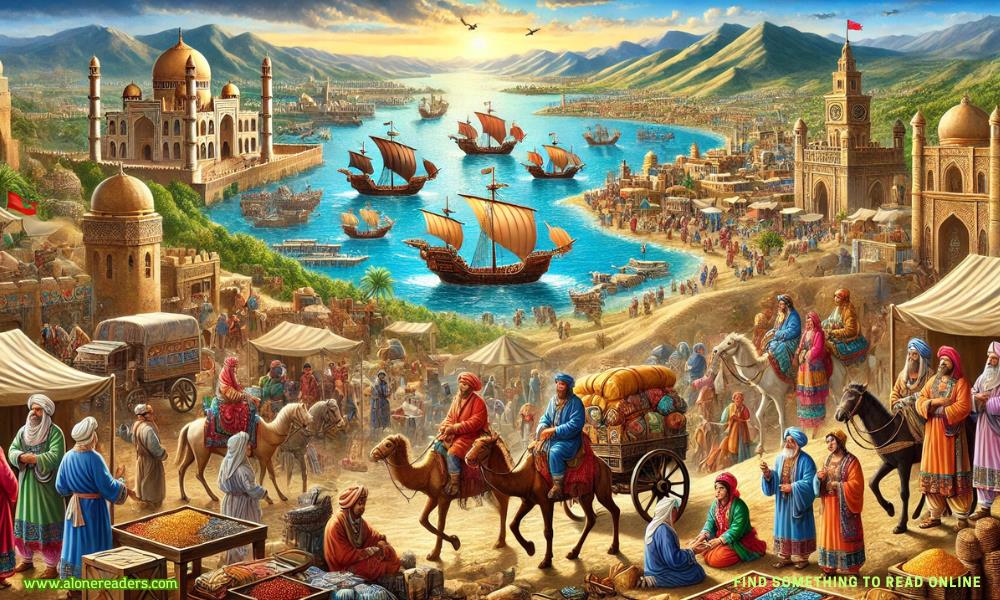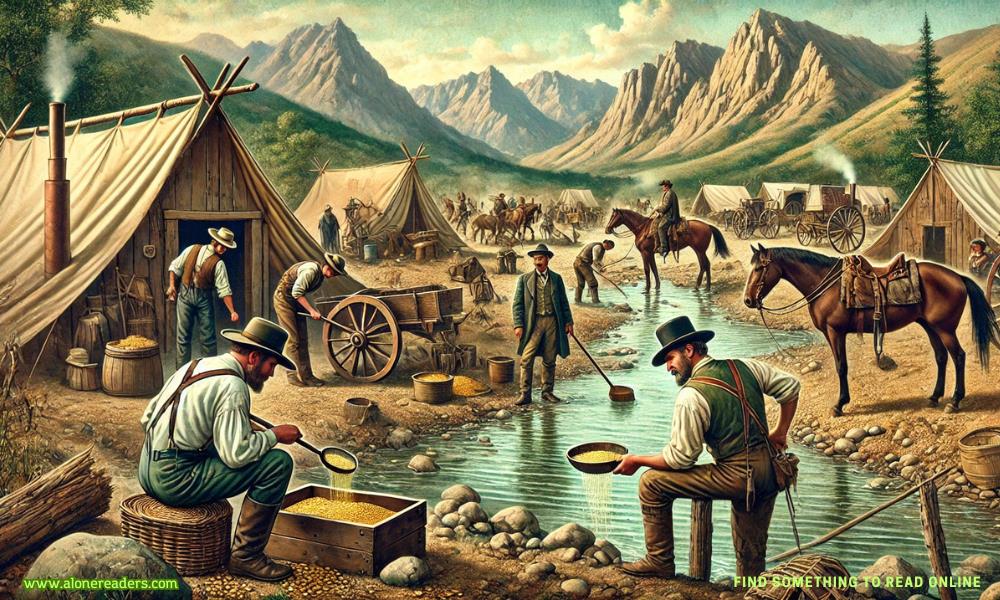Page 29 of Home Is Where the Bodies Are
Last night I watched that tape twelve times, searching for a clue, something to tell me what happened before Dad led Mom to Emma’s body or what may have occurred after the recording stopped. I thought the more I watched, the more I would be desensitized to it. But I wasn’t. Each viewing shocked and rattled me more than the last. I guess there are some things you can’t get used to. I noticed something different each time I watched it. Dad’s eyes were bloodshot like he had been crying or maybe it was from too much drinking that night. He was never much of a drinker though, a couple beers here or there. Mom’s breathing was shallow and uncontrolled. It could have been from running from the house down to the creek or she might have been in the midst of a panic attack. And Emma’s hair was caked in blood. Some of it was dry and some of it was wet as though it was still pooling from her head.
Knuckles rap softly against the screen door, and I meet Lucas at the threshold. He’s wearing a zip-up hoodie, a baseball cap, and a pair of faded blue jeans. In each hand is a thermos, one purple, one blue. They’re the same ones we used when we were teens. His smile reaches his eyes, crinkling the corners of them.
“Morning,” Lucas says. His voice is clear, not raspy, so I know he’s been up for a while.
He extends the purple thermos to me. It’s cold. He remembered. I prefer my coffee iced, but I never drink it that way anymore. Too much work. Too much planning. Too many ice cubes to freeze. I involuntarily smile.
“Cold and black,” he adds.
“Just like my heart.”
We both laugh... for old time’s sake.
“Shall we?” he asks, gesturing.
I nod and together we walk side by side down the porch steps and up the driveway. The air is cool and damp, and the sky is a gray blanket, the sun seeping through its weakest seams. Our steps are in stride, as though they never went out of sync. At the top of the driveway, I briefly look across the street where his childhood home sits. Only it’s no longer a home. It’s a house. A home has joy, but they were robbed of theirs back in 1999.
“So,” Lucas says with a quick glance at me. He tips back his thermos. He used to take his coffee hot with two sugars, and I wonder if he still does. Or maybe he drinks it the same way his wife does. I wonder where she is. Perhaps at their home, waiting for him to return.
“So,” I say.
There are only three houses on this road. Ours, the Harpers’, and Charles Gallagher’s. Ever since my dad disappeared, I got the feeling this dead-end street was cursed, given what happened to each family that lived on it. At the stop sign, Lucas takes a sharp right. He’s clearly avoiding the park. His jaw clenches and doesn’t relax until we turn left on another road, leaving the park behind us.
The Grove is quiet. Even the birds don’t sing and chirp today. Houses in this town are, for the most part, modest-sized. Many are ranch style with large yards and tall trees sprinkled throughout. It’s like any other unincorporated community you couldn’t find on a map. It’s just a place you’re either born in or you stumble upon and wonder,Who could live here?as you pass through.
“Is your wife joining you?” I ask. It comes out meek and awkward, and I immediately regret the question. I remember seeing his wedding photos on my Facebook feed, and although they were beautiful, I cried over them. I mourned a future he and I could have had if things happened otherwise, and then I deleted my account. I didn’t have much to share with the world anyway and seeing others happy just made me sadder.
He looks over at me, gauging my expression. “No, we divorced two years ago.” His face remains neutral like he’s neither happy nor sad about it.
“I’m sorry,” I say, and I think I mean it.
“Nothing to be sorry about. We just wanted different things, and I’m sorry about yours too.”
I nod and press my lips together. I’d assumed Lucas knew about my divorce. My mom would have told his mom back when it happened. I never heard from him though, not that I expected to. We tread carefully down North Road. It’s steep and our feet carry us faster than we intend. Growing up, this was the place to ride your bike because it felt like you were flying, a moment of magic for a child. The entrance to the nature trail is at the bottom of the hill, and I assume that’s where Lucas is leading me. Because that was our spot.
“What did you want?” I ask.
“It’s not what I wanted. It’s what I didn’t want.”
I steal a glance, taking in his sharp jawline covered in stubble and those lips. I remember them being soft and warm. “And what didn’t you want?”
“Kids,” he says, matter-of-factly.
I take a sip from my thermos, unsure of how to respond. I don’t remember thinking about having kids before I had one. I was only nineteen when I got pregnant with Marissa. I became a mom before I ever had a chance to consider what I wanted. But now I couldn’t imagine not being one. Although our relationship is strained, and my daughter is living on the other side of the world, she and I will always be connected. It’s a bond that can never be severed, for the love between a mother and her child is infinite. I still feel my mom’s love even though she’s gone and even after learning what she did to Emma. Our arms brush against one another. I swallow hard, pushing the dark secret down again.
We enter the nature trail, which is like a tunnel cut through woods, an old railroad track without the tracks. The ground is a mix of dirt, grass, and small rocks. Large trees on either side arch over it, creating a canopy. There’s a stream off to one side—but it’s dried up in most areas. Nothing lasts forever. The silence between us stretches so long that I figure the subject of kids will be changed, but then Lucas continues.
“After seeing what my mother and father went through when Emma disappeared, I just couldn’t. My father didn’t survive it, and my mom... I watched her die over and over again. Not in the literal sense, in the real sense.” He pauses, glancing over at me. “Feeling dead while your body still walks this earth is far worse than being dead.”
He doesn’t have to explain what he means because I know.
“The day she went missing, the police kept saying the first forty-eight hours are the most critical, and then it came and went, and they never mentioned it again. My mother died at the one-month mark, the one year, and every year since. Maybe it’s the cynic in me, but I figured if I didn’t have kids, I couldn’t lose them.”
I give him a sympathetic look. It’s easy to become a cynic when you live in a cynical world, where best intentions are not true intentions, where trust feels more like a religion—not one you practice, just one you go along with in case there is a God in the end.
“Do you ever wish you knew what happened to her... Emma, I mean?” I can’t look at him when I ask the question.
“No. Because I know she’s dead,” he says matter-of-factly.
- The Sheikh and the Single Mom by Holly Rayner
- Extra Tight by A.R. Taboo
- Dominance by Lisa Cullen
- Buried by T.O. Smith
- Savage Claim by Bella Ash
- Savage Proposal by Bella Ash
- Inappropriately Matched by Chloe Kent
- Wilde Secrets by Melanie Hepburn
- The Devil's Torment by Tracie Delaney
- Ms. Mosley by Talena Tillman
- Stricken by N.N. Britt
- Unspoken by N.N. Britt
- Isaac by N.N. Britt
- Past Lovers by Kelex
- Bitten by Kelex
- Best Friends by Kelex







